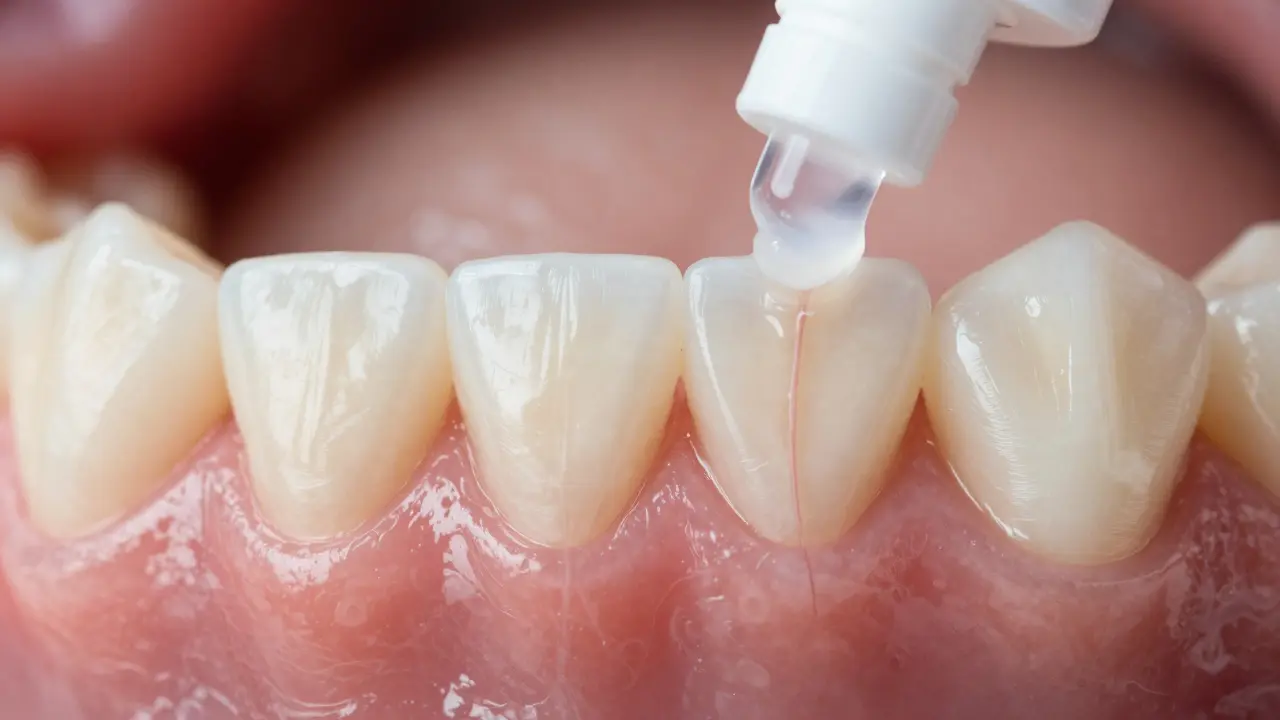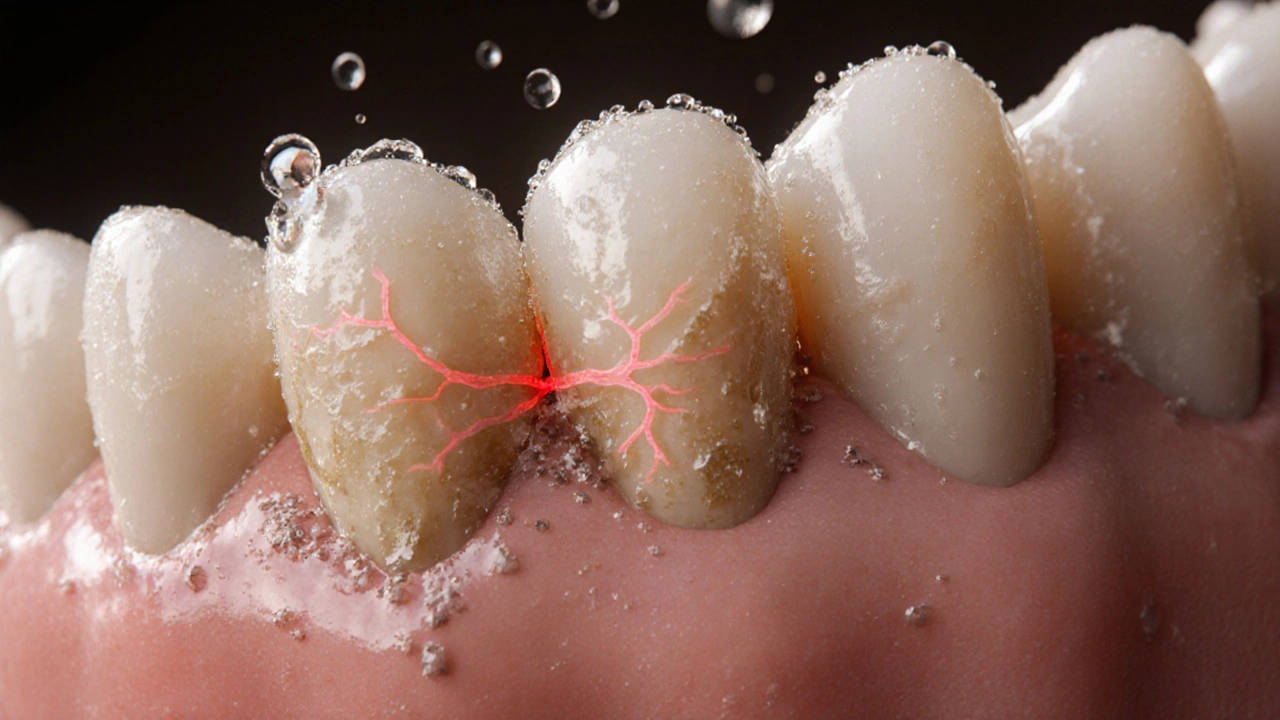Zubní pasta pro citlivé zuby: co vybrat a jak to funguje
When you feel a sharp sting when drinking cold coffee or biting into an apple, you’re not alone. zubní pasta pro citlivé zuby, speciálně formulovaná pasta, která blokuje bolestivé signály z nervů v zubech. Also known as pasta na citlivé zuby, it works by either sealing off tiny tubules in the dentin or calming the nerves inside the tooth. This isn’t just about comfort—it’s about protecting your teeth from long-term damage caused by repeated exposure to triggers like cold, heat, or acidic foods.
What causes sensitive teeth? Often, it’s gum recession or enamel wear. When gums pull back, the softer root surface gets exposed. Brushing too hard, grinding your teeth, or even frequent acid reflux can speed this up. That’s why fluorid, minerál, který posiluje sklovinku a způsobuje, že zuby lépe odolávají kyselinám is a must-have ingredient. Look for pastes with at least 1450 ppm of fluoride. Another key player is potassium nitrate, látka, která uklidňuje nervy v zubech a snižuje citlivost během několika týdnů. Don’t expect miracles overnight—most people notice improvement after 2–4 weeks of daily use.
Not all sensitive toothpaste is the same. Some contain strontium chloride, others arginine, and some combine multiple active ingredients. Avoid pastes with harsh abrasives—they’ll only wear down your enamel more. If you’re using whitening toothpaste, switch to a sensitivity-focused one. And yes, you still need to brush gently. A soft-bristled brush and circular motions make a bigger difference than any ingredient. Also, don’t forget about zubní kámen, tvrdý nános plaku, který způsobuje zánět dásní a zvýšenou citlivost. It’s often the hidden cause of sensitivity. Even the best paste won’t fix the problem if you have built-up tartar.
People who use sensitivity toothpaste consistently report fewer pain episodes, better sleep, and more confidence eating their favorite foods. But here’s the catch: if your sensitivity comes and goes, or if it’s only on one tooth, it could be a cavity, a cracked tooth, or an infected root. That’s not something paste can fix. If the pain lasts more than two weeks or gets worse, see a dentist. No toothpaste replaces professional care.
What you’ll find in the posts below are real-life tips from people who’ve been there: which pastes actually work, how to use them right, what to avoid, and how to pair them with other habits like mouthwash or diet changes. You’ll also learn why some people see results in days while others need months—and what to do if nothing seems to help. This isn’t marketing fluff. It’s practical advice based on what works for real patients.
Co je nejlepší na citlivé zuby? Nejúčinnější řešení podle zubních lékařů
Citlivé zuby mohou způsobovat bolest při jídle, pití nebo čištění. Zjistěte, co opravdu pomáhá: nejúčinnější zubní pasty, správná technika čištění a co dělat, když nic nefunguje.
read more...Citlivost zubů: příčiny a jak ji účinně zmírnit
Citlivost zubů je běžný problém, který může omezovat každodenní radosti. Zjistěte, proč vzniká, jak ji zmírnit pomocí správné péče a co dělat, když domácí opatření nestačí.
read more...

